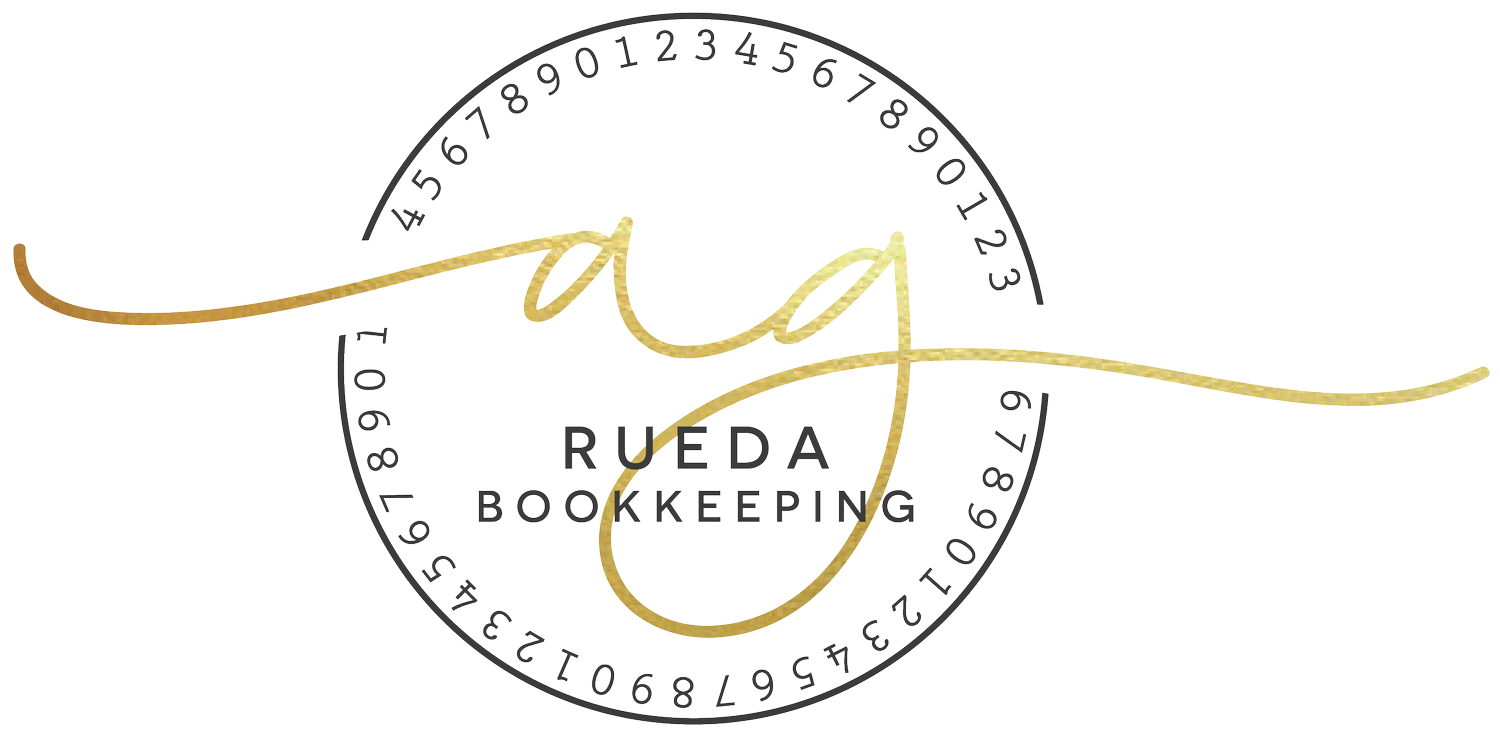Accounting Mistakes You Can Avoid As A Small Business Owner
The bookkeeping process alone can be one of the most time consuming activities required to keep the company going. Many small firms have limited staff to no staff at all, meaning that there is a very good chance that an employee or even yourself having little to no accounting background is in charge of the bookkeeping. This leaves the door open for the possibility of multiple mistakes, especially if the accounting duties get pushed to the back burner. Although this method saves money, it can pose problems when it comes to accuracy and timeliness.
Paper files can also build up very fast, and over time it is easy for bills or statements to get lost in the mess. There are many tax deductions that small businesses are allowed to take, especially if the business is considered personal or ran out of the owner’s home. So keeping receipts is essential to receiving tax deductions on income, this can definitely be overlooked, it may be small but it's definitely a critical procedure.
When small businesses do their own accounting work, they tend to make far too many accounts than actually needed. Trying to be overly organized and can cause you to make a large number of accounts, but if you have hundreds of them that are only used a few times, the books can become extremely cluttered which makes it hard to find a specific transaction and produce clear financial statements.
Although doing your own accounting as a small business can save you money, in the long run it is a good idea to have the job outsourced. This can prevent clutter, mistakes, and possible errors in reporting income.
